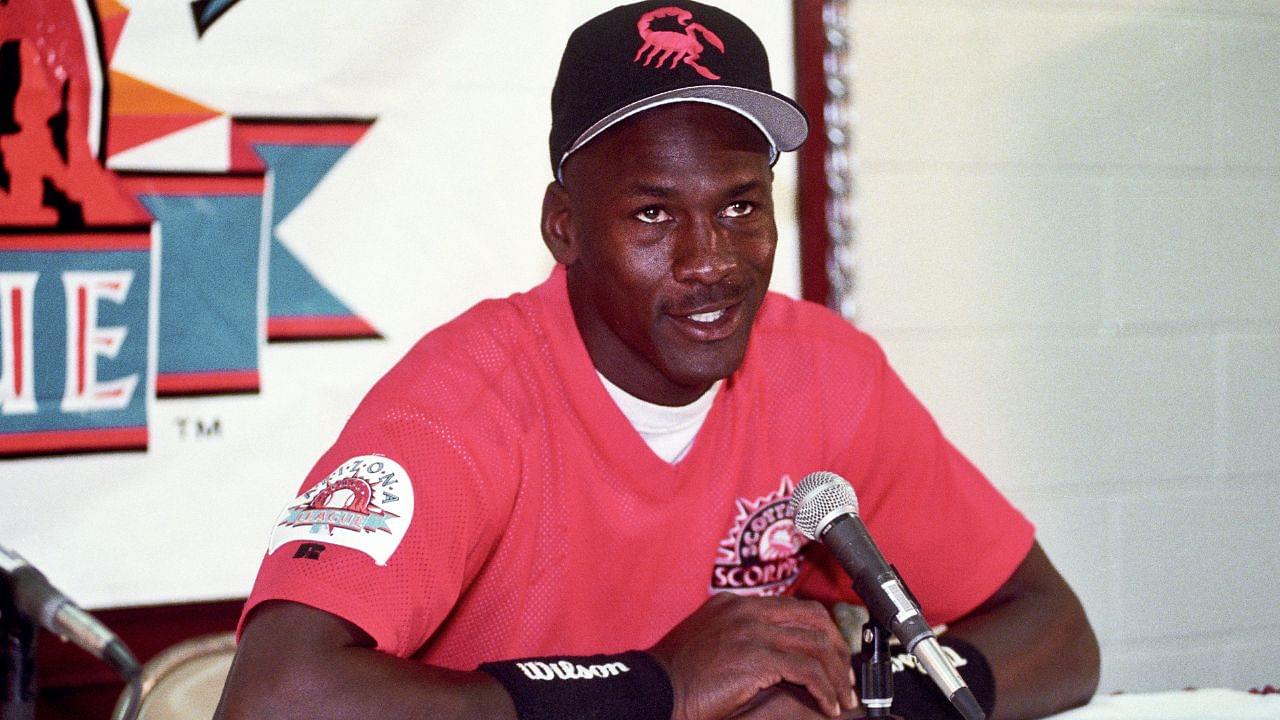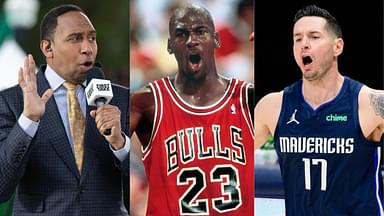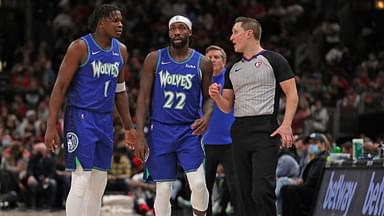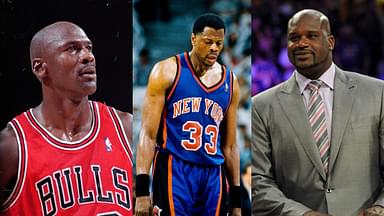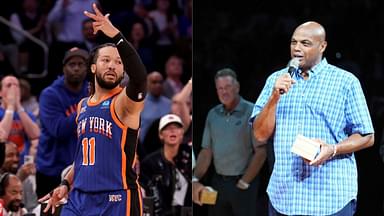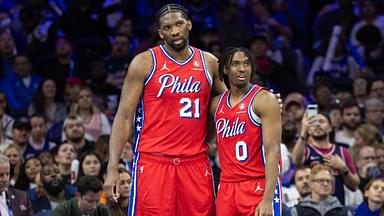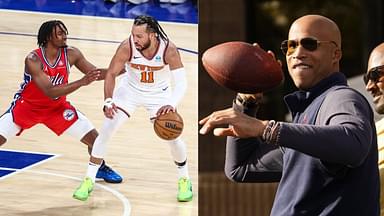Just months before the Chicago Bulls would make the game-changing decision of drafting Michael Jordan, the franchise was teetering on the edge of insolvency. A series of grave issues, such as player misconduct and rampant cocaine usage among players, had cast a dark shadow over the franchise, causing public faith to plummet. The situation started to take a turn for the worse after the Bulls drafted the guard Quintin Dailey in 1982, Roland Lazenby details in his book Michael Jordan: The Life.
Advertisement
Before the 1984 draft, the Bulls were far from the powerhouse that they turned out to be in the 90s. They were in a sorry state and had lackluster records in the previous seasons, which secured them the No. 3 pick in the draft. In the 1983-84 season, the Bulls managed to accrue a record of 27-55, languishing at the bottom of the table. Things were pretty similar in the previous seasons as well.
The Chicago Bulls were in shambles before drafting Michael Jordan
The Bulls found themselves embroiled in turmoil as many allegations and charges plagued their players. Quintin Dailey, a player drafted in 1982, faced grave accusations stemming from an assault on a student nurse during his college days. Dailey’s unapologetic stance upon his arrival in Chicago only stoked the fires of public condemnation.
The repercussions were swift and relentless. Women’s groups organized protests at Bulls games, demanding accountability for retaining a player facing serious charges. What was once a city passionately supporting their team now openly criticized the Bulls’ decisions.
To make matters worse, some of the Bulls’ key players were publicly grappling with cocaine addiction. Orlando Woolridge, a talented player, struggled openly with the issue. These struggles tarnished the franchise’s reputation and added to their woes.
The internal turmoil within the Bulls had a direct and devastating impact on their financial stability. The loss of public faith and trust in the team led to a decline in sponsorships and endorsements.
Here’s Roland Lazenby’s account of the whole fiasco taken from his book Michael Jordan: The Life:
“It got worse in 1982, when Thorn drafted guard Quintin Dailey out of the
University of San Francisco, shortly before it was revealed that Dailey had
attacked a student nurse in a dorm at the school. When he arrived in Chicago,
Dailey declined to express remorse for his actions, and soon women were
gathering to protest at Bulls games. He and another talented Bull, Orlando
Woolridge, would also struggle very publicly with cocaine. Such disasters
helped bring the team perilously close to insolvency by the spring of 1984.“
By the spring of 1984, the Chicago Bulls were on the verge of financial collapse. Their reputation was tarnished, their finances were in shambles, and their future was in jeopardy. The very existence of the franchise hung in the balance.
Michael Jordan’s arrival marked a turning point for the team. He didn’t just save the Bulls, but he elevated them to a level unimaginable to many in the NBA community. This newfound success attracted more fans to games and brought revenue back to the franchise.
Jordan and his audacious attendance clause
Michael Jordan’s arrival in Chicago as a rookie in 1984 marked the dawn of a new era for the Bulls and the NBA as a whole. Determined to make his presence felt, Jordan, along with his agent David Falk, proposed the inclusion of an attendance clause in his rookie contract, aiming to capitalize on his potential to boost ticket sales.
With the Bulls having an average attendance of just 6,000 fans per game at the time, it was a smart move. To top that, there was no signing bonus in his first-year contract, making the attendance clause proposal all the more significant
However, the Bulls owner at the time, Jonathan Kovler, aggressively rejected the idea of an attendance clause. Instead, he made it clear that if they were drafting him third overall, Jordan better put people on the seats.
